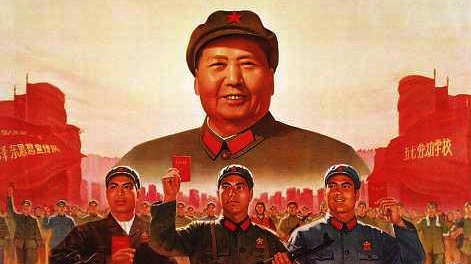In recent years, many individuals who contributed to the systematic abuses of the Cultural Revolution have offered public apologies. The Chinese government, however, has gone to great lengths to hamper public and academic discussions about the sociopolitical movement, even though it earned official condemnation long ago. In an essay translated for the New York Times, author Yu Hua notes that Communist Party efforts to distance itself from the dark era in modern Chinese history have led to collective ignorance, and even romanticization, of the Cultural Revolution among China’s youth:
Recently, some who abused others during the decade-long Cultural Revolution have come forward in the media or on the Internet to apologize to their victims. Now retired, they express repentance in part because they cannot excuse what they did, in part because they are disturbed by efforts to put a positive spin on the Cultural Revolution. They have voluntarily confessed to shameful acts, in the hope that young people today will understand the grim history of that era. But the voices of the contrite do not carry far, quickly submerged among the flood of reports on international crises and domestic incidents, entertainment news and sports events.
In contrast to these conscience-stricken individuals, the Communist Party has never had trouble forgiving itself for the appalling blunders it has committed during its 64 years in power, and it tries hard to erase from the historical record all traces of those errors. In the immediate aftermath of the Cultural Revolution, many sought to repudiate it, but when our leaders realized that this kind of critique detracted from their own authority, they immediately suppressed such criticisms — quashing them so thoroughly it was as though they had never been voiced.
So in official discourse there is no truthful accounting of the Cultural Revolution, and it is only in society at large that discussion of it sometimes surfaces.
[…] Since efforts to confront the Cultural Revolution have so long been stifled, people born since then have no idea what happened. In June 2012, members of the graduating class of Central China Normal University in Wuhan took a graduation photo, all dressed in Red Guard uniforms. To these young people, the Cultural Revolution seems to have been nothing more than one huge party. Canny businessmen have latched on to this, using the Cultural Revolution to peddle their wares. Last August, on my way to Hangzhou Airport, I saw a huge billboard on the expressway that featured a female Red Guard, arms outstretched. “Comrades, here I am!” she cried. […] [Source]
Yu Hua is a novelist and essayist, and much of his work draws influence from the Cultural Revolution—the era of his youth.








